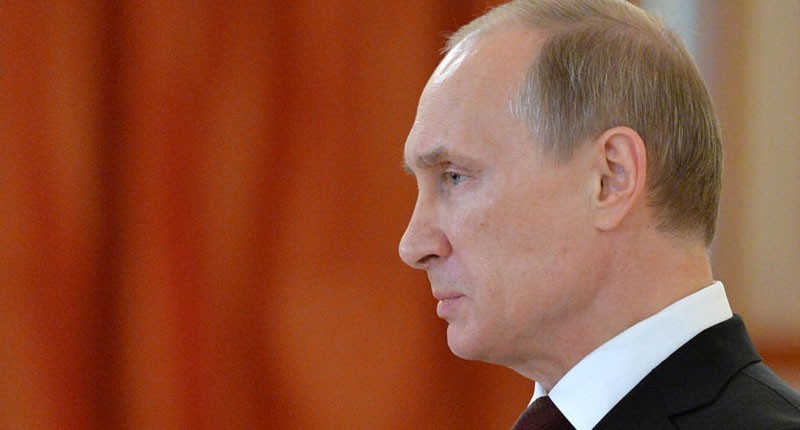Russia scorns politically motivated downgrade to junk rating
Post on: 16 Март, 2015 No Comment

Russia scorns politically motivated downgrade to junk rating — Yahoo7
S&P strips Russia of investment grade rating
Moscow (AFP) — Moscow on Tuesday slammed Standard and Poor’s for downgrading Russia’s credit rating to junk, saying the move was motivated by the West’s current standoff with Russia over Ukraine.
A Russian deputy foreign minister, Vasily Nebenzya, even claimed the S&P downgrade to BB+ was ordered from Washington (in a) new wave of anti-Russian hysteria, while Prime Minister Dmitry Medvedev called ratings a purely political instrument.
President Vladimir Putin’s spokesman Dmitry Peskov told Russian news agencies it was a politicised decision that will not sway serious companies because it does not reflect the real state of affairs.
The Central Bank’s first deputy chairman, Kseniya Yudayeva, said the downgrade would have little effect since the sanctions have already cut Russia off from foreign lending markets.
Finance Minister Anton Siluanov said it was based on too much pessimism and does not take into account the strengths of Russia’s economy such as its ample reserves.
Nevertheless, analysts said the downgrade would further hurt the economy by making borrowing even more costly.
Western sanctions and plunging oil prices have mired Russia’s economy into a contraction expected to reach up to five percent in 2015.
The Russian ruble on Tuesday was trading flat at 67.7 to the dollar after losing ground Monday, but was still a long way off from a record low of 80 to the dollar in December.
But the European Union is looking at piling further pressure on the Russian economy, with the bloc’s leaders tasking their foreign ministers to consider a new wave of sanctions in response to an upsurge in fighting in Ukraine blamed on Moscow.
The junk rating could also lead to more spending from Russia’s oil reserves on early repayment of foreign loans in the amount of up to $30 billion, according to Economy Minister Alexei Ulyukayev.
There could be some political component in the decision, but. one must recognise that the situation is taking a serious turn for the worse, said Igor Nikolayev, who heads the FBK Strategic Analysis Institute.
Moscow last week announced an anti-crisis plan amounting to 18 billion euros, part of which was approved on Tuesday.
- Prices skyrocket -
As part of the plan, the volume of (government) spending will be less than planned, Siluanov said, without elaborating on the planned spending cuts.
We will carry out a reasonable budget policy and see our goal as reaching a no-deficit budget by 2017 with oil price predicted at $70 a barrel, he said, according to Russian news agencies reports.
Inflation has risen sharply because of the weakening ruble, with authorities saying that checks carried out in supermarkets nationwide show that some food prices have soared six-fold since August.
Rising prices have been among Russians’ biggest fears since the 1990s, when the ruble was so volatile that prices were frequently set in dollars while purchasing power was eviscerated.
In another sign of the struggling economy, Russia’s biggest carmaker Avtovaz, which makes Lada vehicles, announced a 10 percent executive job cut.
We expect to decrease the number of managers by 1,100, Avtovaz spokesman Stanislav Bereziy told AFP in an email. The company has about 10,000 managers on its staff.
Russia’s top opposition leader Alexei Navalny on Tuesday put concerns over the economy on the agenda of a new anti-crisis protest to be held on March 1, the first such rally focusing on economic demands.
Time has been lost, money has been eaten up. Yesterday’s downgrade of Russia to ‘junk’ returned the country to the year 2005, he wrote on his blog.
Put March 1 on your calendars and don’t plan anything else. We will be saving Russia from crisis.
Share














